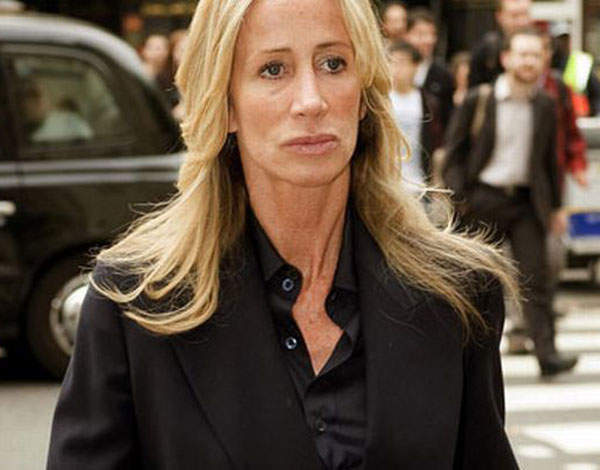

Apparently old habits die hard when it comes to the traditional battleground of the divorce courts. According to a recent survey, most warring couples would rather pay their lawyers enormous sums in legal fees rather than consider the much less expensive option of mediation.
Indeed, it would appear that it is only when couples are required by law to engage in mediation before embarking on litigation that this pragmatic option is actually utilised. California has a statutory requirement that, in certain cases, parties must ‘mediate before they litigate’, and Ireland is currently considering a Mediation Bill aimed at compelling lawyers to encourage their clients to engage in mediation by setting out the advantages and the relatively modest costs in comparison to the fees involved in litigation.
Although judges in recent matrimonial proceedings have not been slow to vent their fury and bewilderment regarding the huge sums of money expended on legal fees by wealthy couples, it is difficult to understand the marked reluctance on the part of litigants to consider alternative forms of dispute resolution.
The recent ruling in Michelle Young’s (pictured above) lengthy legal battle with her former husband culminating in an award of £20 million, which cost her a ‘truly eye-watering’ £6.4 million in legal and expert costs has served to highlight yet again the lengths that warring couples will go to in order to achieve financial retribution from the former love of their life.
However, in all these vitriolic stand-offs, both sides appear oblivious to the fact that there is only one marital ‘financial pot’ and all the legal costs have to come out of this one fund, regardless of whether the court finds in favour of the wife or the husband.
Of course, we all know of scenarios where couples have reached the dramatic point of no return and while there will always be situations where one side or the other is the victim of a former spouse’s vindictiveness as a result of being badly wounded by their conduct, attitudes only become hardened the longer and more protracted the litigation.
Spoilt, squabbling children
Lord Justice Thorpe’s pointed criticism of the marital adversaries in the Evans divorce hearing last year, describing the husband and wife as ‘spoilt, squabbling children’, and the frustration he expressed at the apparent failure of the couple to reach an amicable settlement after their separation, epitomises the common perception of wealthy divorce litigants.
Regardless of where the fault lies, if ever there was an argument for mediation, before these enormous legal costs have been incurred, then surely the Young, Evans and McCourt cases must be prime examples. An obvious solution or at least option, you might think.
However, somewhat perversely, despite millions being expended by the government to encourage divorcing couples towards mediation, recent surveys have found that litigation still remains the preferred option for battling couples. These statistics are particularly difficult to understand given that mediation has very little downside, in that if it is not successful then the parties can continue with litigating in the courts, while paying their lawyers for this luxury.
Unfortunately, as confidentiality is normally a fundamental condition, statistics detailing the number of successful mediations is not readily available. This is disappointing as, in my own experience as a mediator, I have found that there are very few disputes that cannot be resolved by getting the parties around a table, in the right circumstances and with a skilled mediator ‘keeping them talking’, while the difficult issues are isolated and addressed in a calm and structured manner.
Equally important the mediator has to be conscious of, and carefully handle, the reputational, pride and other sensitivities of the individuals concerned, which can be just as important as thrashing out the financial terms of any settlement.
When all these factors are taken into consideration, surely mediation has to be the message? Otherwise a wealthy divorcing couple may risk losing the kudos of such a description, and could suddenly find themselves looking for legal aid with no financial assets left to fight over.
Paul Tweed is senior partner at Johnsons Solicitors and a panellist at JAMS International, a leading alternative dispute resolution provider






